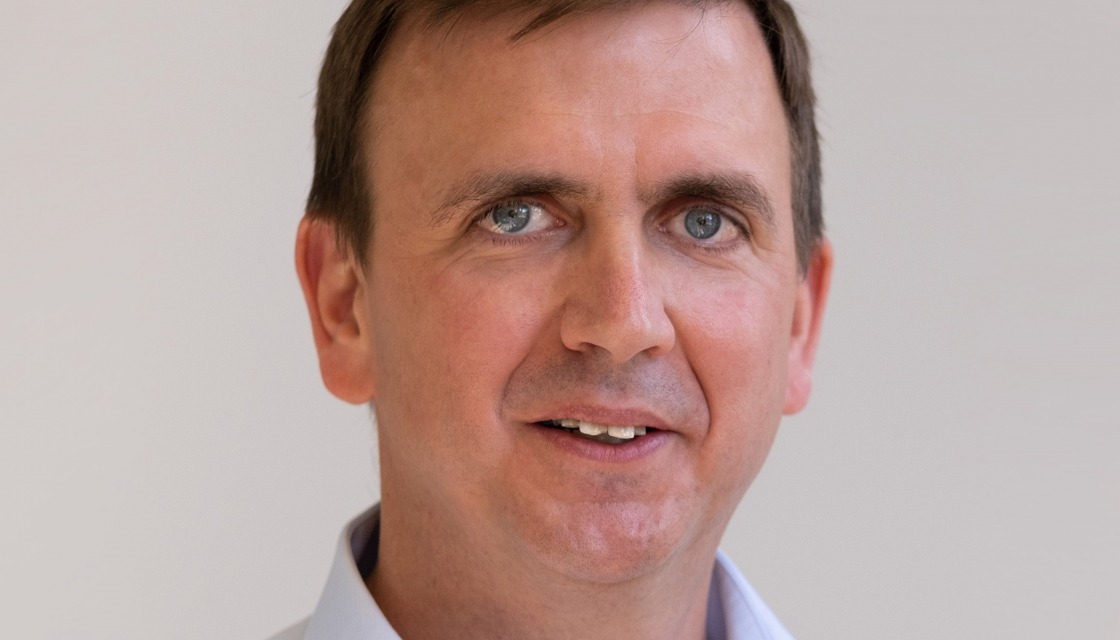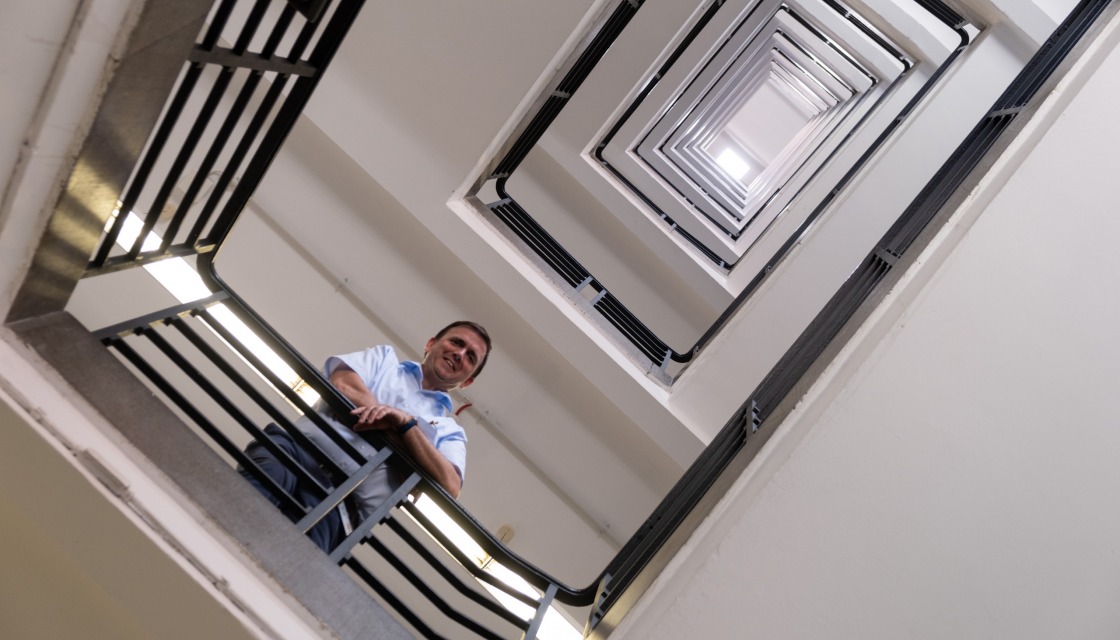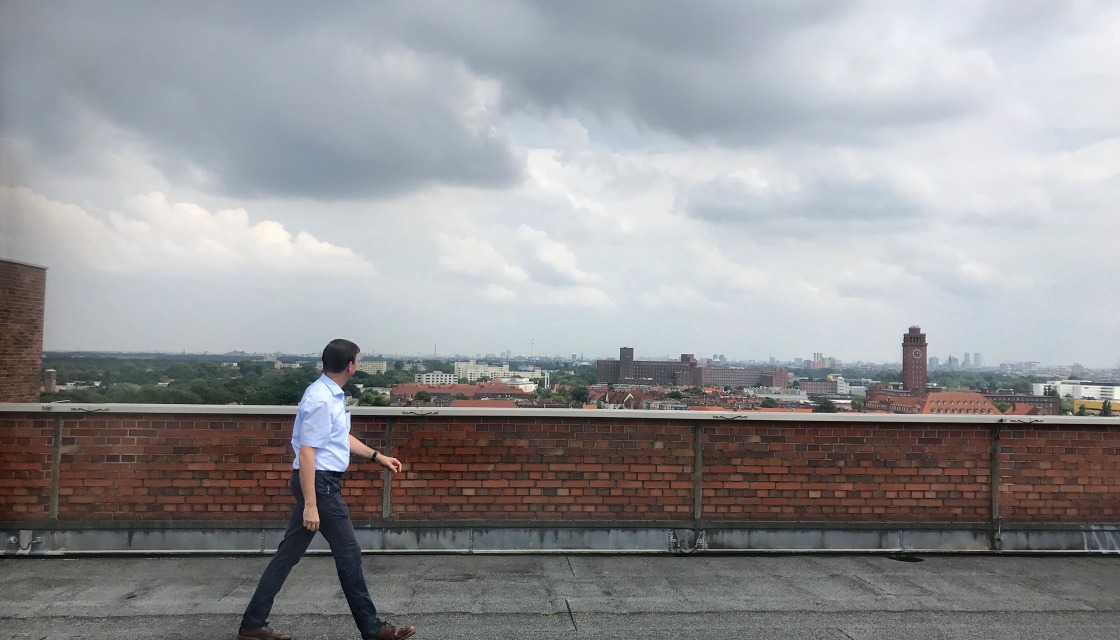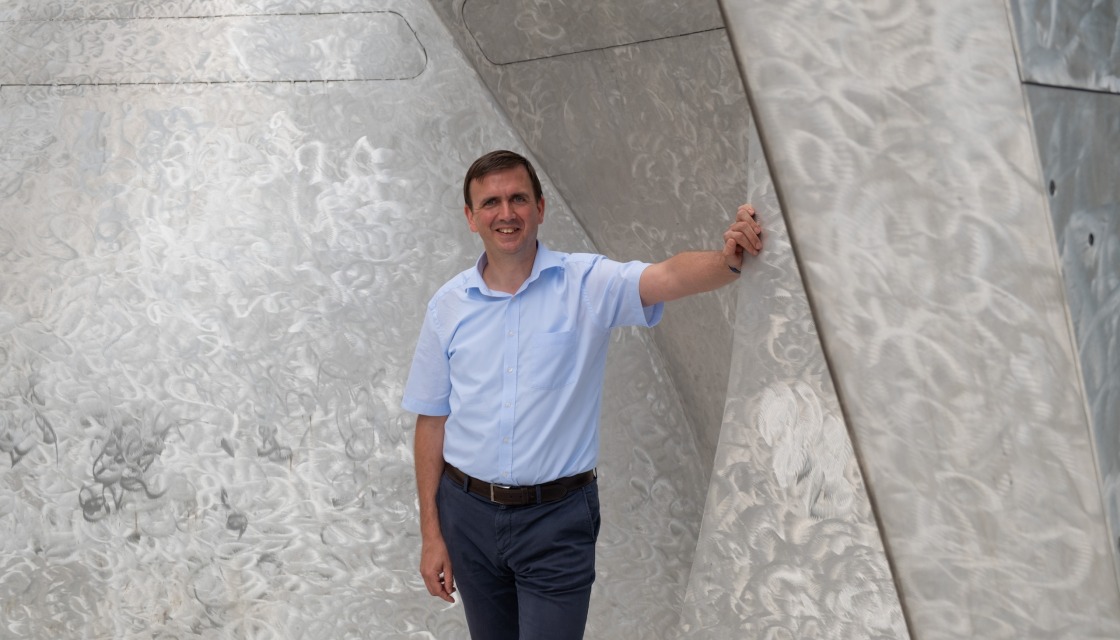As the oldest of six children, Stefan Kröger got an early start on training and educating young people. He’s turned this aptitude into a career: Today he’s in charge of the business studies course management at Siemens. The center of his activities is Siemensstadt, where he lives and works and is always on the lookout for new talent.
Mr. Kröger, do you encounter a lot of talent in your everyday professional life?
Stefan Kröger:
I oversee the career path of industrial managers, which is extremely versatile. It involves human resources, sales, and production. There are many different aptitudes and talents that the managers have to have.
Would you say that Siemensstadt in particular is a place that attracts talent?
Stefan Kröger:
I think Siemensstadt is definitely a district for talent, at least based on my own experience. Our neighbors include 87-year-old Dr. Hahndorf, who’s a doctor of physics. He holds multiple patents in the field of surface coatings. I have many colleagues who are patent holders, are involved in development and research, and are very innovative. I experience this in my personal life. It’s so terrific: Just look at the talent that the schools have produced. For example, there’s Adel Tawil, who attended our elementary school. He sometimes sings about our district in his songs, or at least refers to it. The same is true with sports: My daughter went to school with the German squash champion. That’s just a small sample, but you see what I mean.
Parts of Siemensstadt are now being expanded to create Siemensstadt2. Will this affect future talent?
Stefan Kröger:
I think this expansion of the Siemens campus idea is great, because we’re also expanding our own horizons. We educators benefit from the academic components. I think that’s wonderful. And we can also expand the horizons of our trainees and students. It’s then very easy to think outside the box. And the university also benefits, because it finally has access to a practical case. There won’t be any barriers to people simply walking into production facilities and “gathering up cases,” so to speak. I think it’s fantastic.
What do you think has to happen in order to promote the development of talent here?
Stefan Kröger:
Well, based on my many years of professional experience, the icing on the cake would be if we were able to open up our training centers as “houses of education,” where all the partners who are on the premises, or will be in the future, participate. Each participant can make a contribution, whether they’re a university, a company, Siemens itself, or a research institute. And it also takes place on many levels: It’s not just about educating students and trainees, it’s also about continuing education. I’d love it if we could learn from one another in this manner.
So that the talent here in Siemensstadt could become even more consolidated?
Stefan Kröger:
The centralization of training and education makes sense. Until now, we’ve had a lot of talent working here decentrally, and that’s unfortunate. We know that something’s happening across the way in the start-up incubator, we know something’s happening here with “Siemens Professional Education,” and that something’s happening in the administration building. I think it’s a shame that so much potential is wasted. There’s talent everywhere, and it would be great if we had an educational nucleus tailored to our requirements – meaning a Siemens campus focused on production.
Digitalization is currently being driven by the COVID pandemic, and Siemensstadt is going to become a digitalized district. Will that affect future training and education?
Stefan Kröger:
I’m firmly convinced that this period – at least here at Siemens – will affect the future of education in two ways. One is the method itself, because the situation opens up new opportunities. Trainees can learn what they want to learn, when and where they want to learn it. Secondly, we can consider other forms of education. We’re currently creating a program for management assistants in digitalization management. It actually came about when we talked to our customers – the Siemens Business Units – because a lot is happening in terms of digitalizing commercial fields of work. We’ve created a new career path that’s in high demand, and we’re currently working on developing the content. To me, that’s the future.




